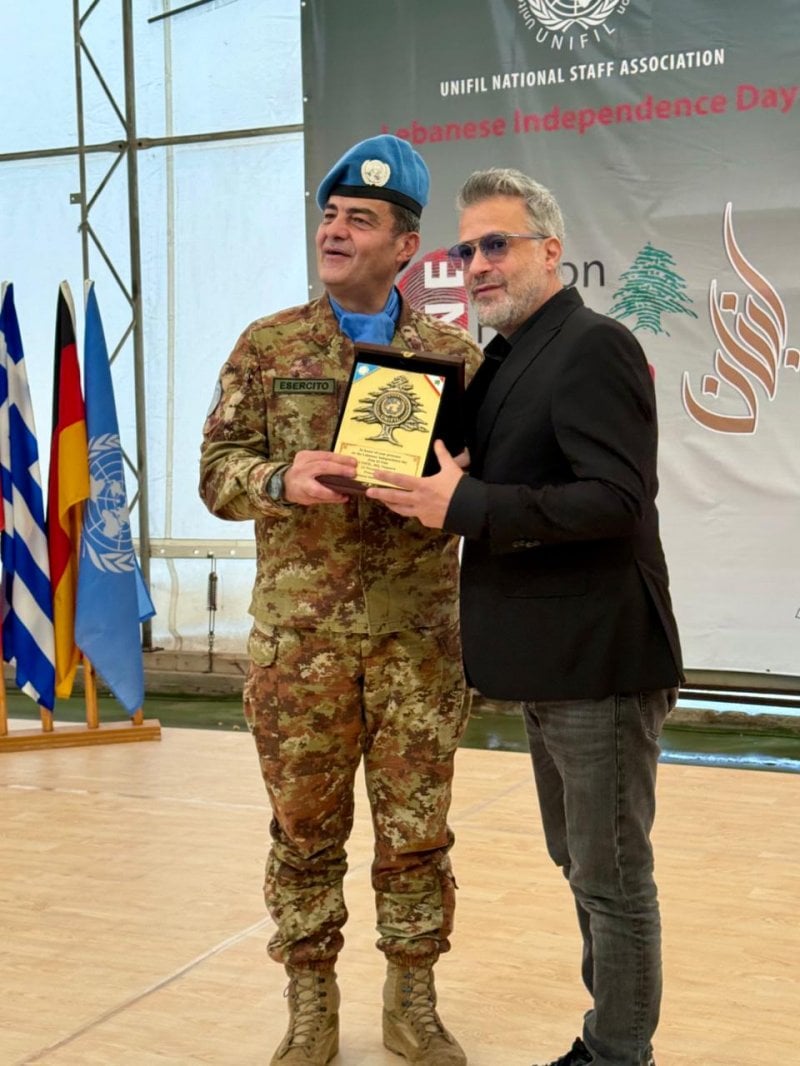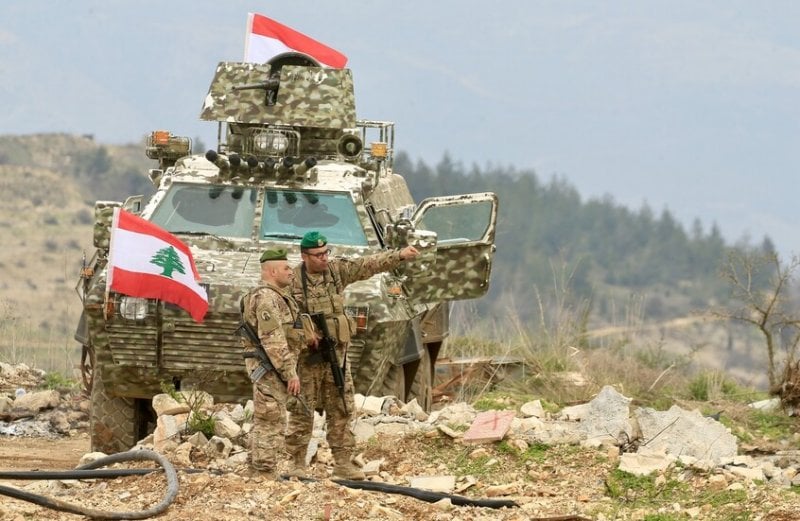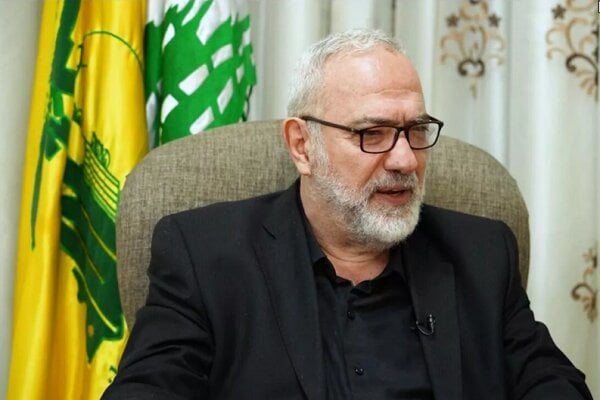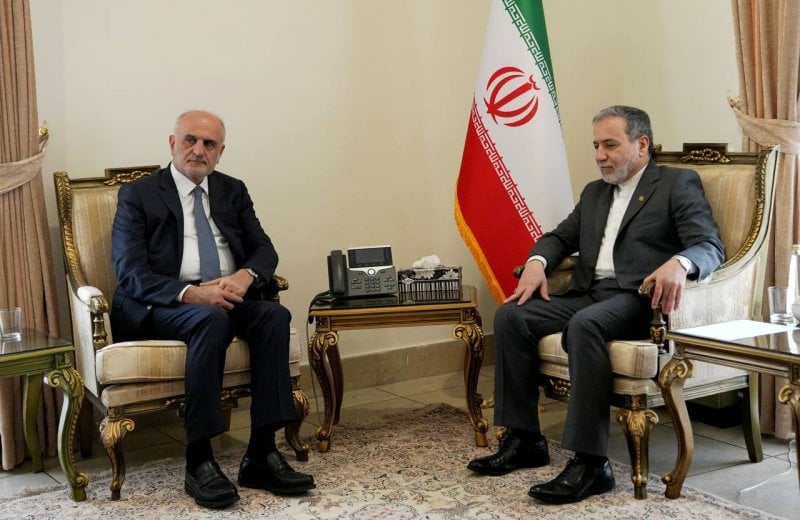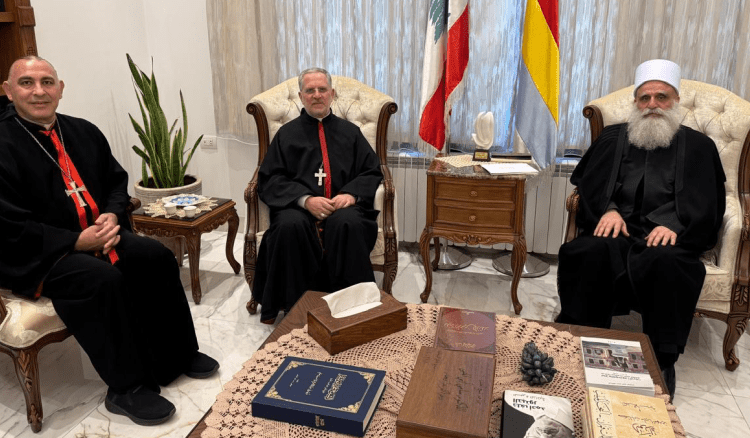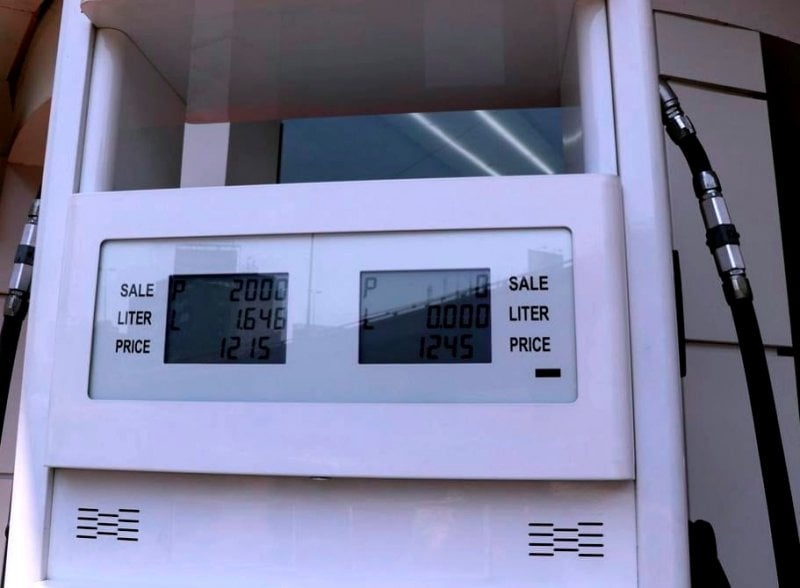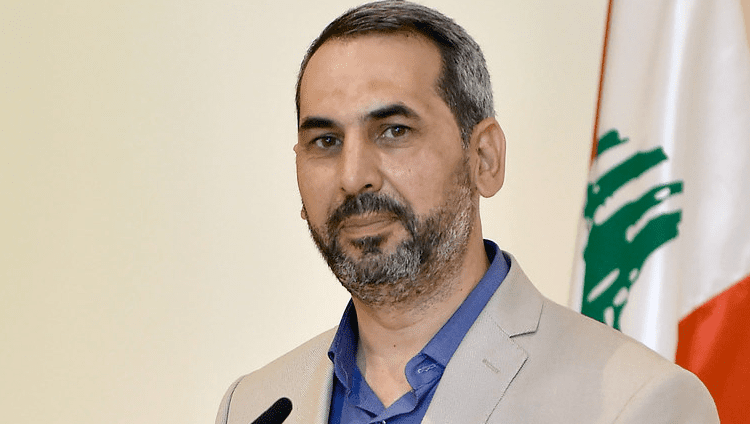
He also considered that “this is not an election for the Lebanese expatriate, but rather the introduction of the system of the state in which the expatriate resides into the voting process and influencing the Lebanese interior. Thus, for example, when America votes, it will vote in one direction, and if any expatriate votes for our political line, who said that his vote will be counted for the one he chose and elected?”
During his patronage of a ceremony honoring the families of resistance martyrs in the Bir al-Abed division on the occasion of Martyr’s Day, Hamadeh pointed out that “there is a path to striking the point of strength represented by the resistance’s weapon, through pressure, intimidation, and Israeli targeting, and there is internal pressure and a political path under a diplomatic title to achieve the goal of weakening the point of strength, in order for Lebanon to go defenseless to negotiations in which it does not have what it can rely on, not to impose its opinion, but to protect even its existence, land, and wealth.”
He pointed out that “the Israeli, with his ability, strength, officers and soldiers, who numbered about 75,000, and despite all the global support at the level of information and ammunition, stood for 66 days on the borders of Lebanon from Kfarshouba to Naqoura, and was not able to enter any Lebanese town thanks to the heroic confrontation of our Mujahideen sons.”
He added that “if things were open to him, he would have reached Beirut, noting that the resistance on the 63rd day of the war responded and targeted the Israeli depth, reaching Netanyahu’s bedroom, in addition to launching more than 400 missiles two days before the understanding, and this is what made the Israeli go to the understanding, after making sure that it was impossible to achieve his project.”



